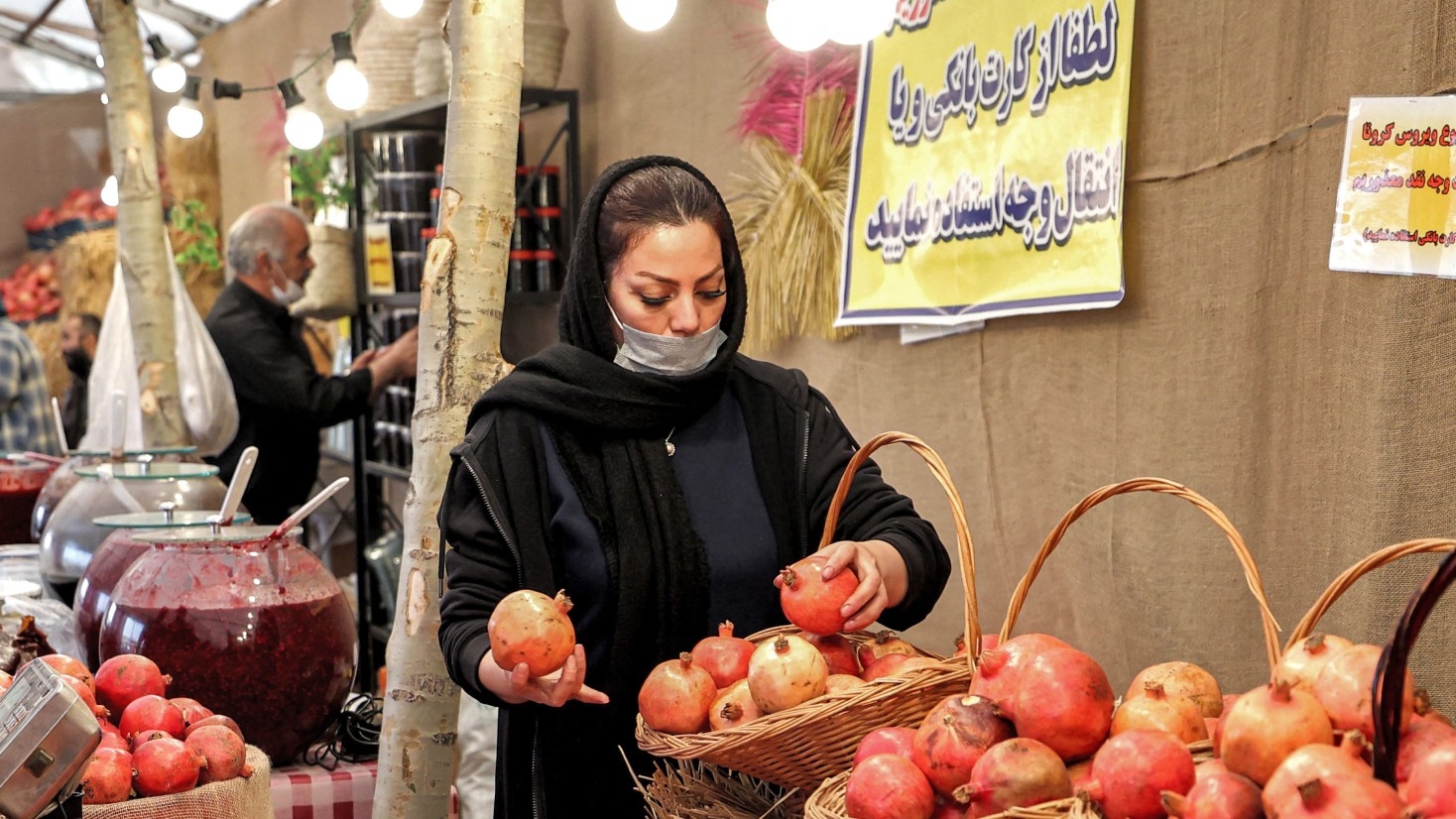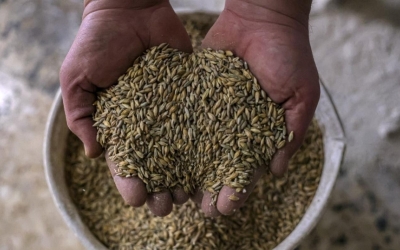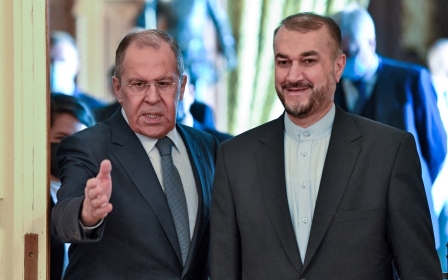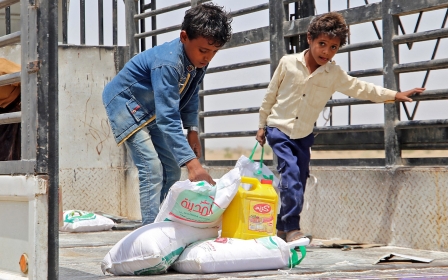Russia-Ukraine war: Could Iran benefit from shifting food markets?

In the last Persian year, Iran imported about 30 million tons of basic goods worth nearly $19bn - primarily wheat, corn, barley, oilseeds, edible oil, and soybean meal. This comprised a significant portion of the country’s overall $52bn in imports.
This over-reliance on foreign procurement prompted Supreme Leader Ayatollah Ali Khamenei to address the issue in his latest Nowruz speech, in which he lamented the agricultural sector’s dependence on imports. “The country must achieve complete self-sufficiency and security in basic food products such as wheat, barley, corn, animal feed, and oilseeds,” Khamenei said.
Iran has vast reciprocal opportunities in the Russian market to compensate for its own imports
But Iran faces serious problems with drought and water scarcity, which when combined with increasing global food insecurity due to the Russia-Ukraine war, make the goal of agricultural self-sufficiency a difficult task in the near term.
Iran has become the leading importer of Russian grains, buying millions of tons of wheat, barley, and corn.
Last month, the Iranian agriculture ministry reportedly signed a deal with Moscow to import 20 million tons of basic goods, including edible oil, wheat, barley, and corn, further bolstering the bilateral relationship between the two countries.
New MEE newsletter: Jerusalem Dispatch
Sign up to get the latest insights and analysis on Israel-Palestine, alongside Turkey Unpacked and other MEE newsletters
Tehran was also reportedly planning to sign an oil-for-livestock-feed deal with Moscow.
But Russia faces increasing constraints after temporarily banning the export of grain to Eurasian Economic Union states “to protect the domestic food market amid external restrictions”.
In another restrictive measure, Moscow has set its grain export quota at 11 million tons, including eight million tons of wheat, for the period of 15 February to 30 June 2022.
Although Russia is Iran’s leading supplier of wheat, other major markets, such as Turkey and Egypt, also depend on Russian imports.
Unexpected consequences
As wheat prices soar globally, Iran faces an additional challenge, having recently voted to remove the subsidised exchange rate of 42,000 rials to one US dollar.
As a result, basic goods must be imported using the currency rate controlled by the central bank, which is more than five times higher.
This could bring unexpected consequences, such as import disruptions, skyrocketing domestic prices, and public unrest. It is thus imperative for Iran to secure the most reliable import sources, including Russia.
Moscow’s efforts to de-dollarise the Russian economy and foreign trade present an opportunity for Iran to strengthen its agricultural trade with Russia. Iran and Russia have also been working jointly to devise “a mechanism to protect trade and financial exchanges from the threat of sanctions”.
Ultimately, however, reliance on Russia doesn’t equal dependence. The exemption of food trade from broader sanctions on Iran enables the Islamic Republic to choose from other import sources, primarily in Europe and Asia, to procure its needed grains.
In addition, Tehran still sees self-sufficiency in basic agricultural products as a serious matter, and has in the past celebrated wheat self-sufficiency.
The Raisi government recently approved buying wheat from Iranian farmers at a relatively high guaranteed price, and with the country expected to harvest nine million tons of wheat this year, this could significantly reduce its dependence on imports.
Iran’s cautious attitude towards foreign imports stems from previous unwelcome experiences. Sanctions on gasoline exports ultimately prompted the country to achieve self-sufficiency in gasoline production.
At the same time, with Russia importing billions of dollars worth of food products annually, Iran has vast reciprocal opportunities in the Russian market to compensate for its own imports. Russia has banned US and European food imports since 2014 as a countermeasure against sanctions, and amid new sanctions over the Ukraine invasion, Moscow has reportedly had “numerous calls with Iran” about food imports.
Iran is a four-season country, and its fruits, vegetables, and dairy products could capture a significant part of the Russian food market.
The views expressed in this article belong to the author and do not necessarily reflect the editorial policy of Middle East Eye.
Middle East Eye delivers independent and unrivalled coverage and analysis of the Middle East, North Africa and beyond. To learn more about republishing this content and the associated fees, please fill out this form. More about MEE can be found here.






